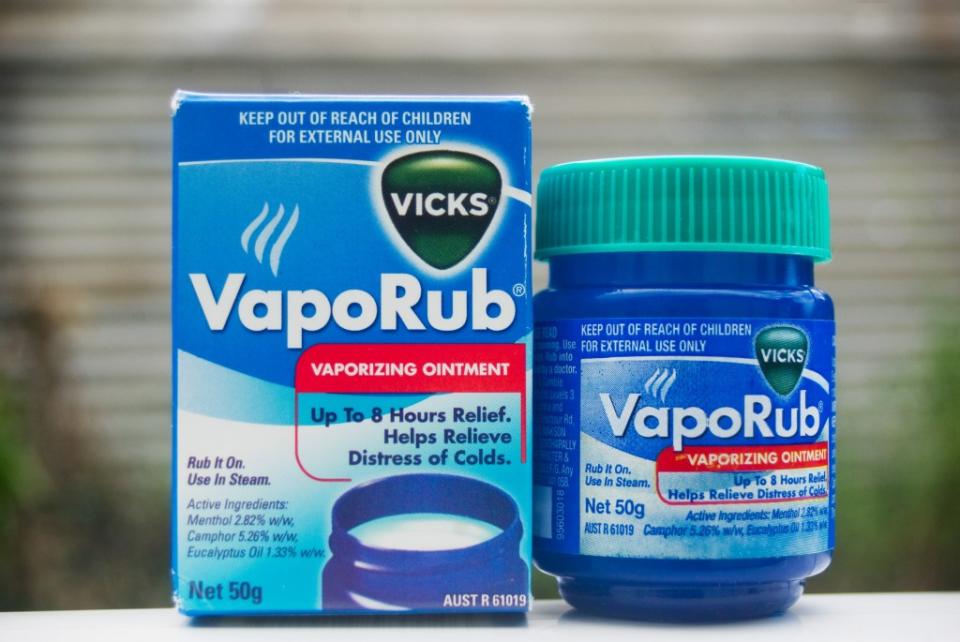Smelling these scents can help beat depression, study finds

The secret to curing depression is right under your nose, according to a new study.
Researchers from the University of Pittsburgh learned that smells are more effective than words in evoking positive memories, which could help people with depression get out of negative thought patterns.
Researchers exposed 32 people between the ages of 18 and 55 suffering from major depressive disorder to 12 scents in jars.
The scents included Vicks VapoRub, ground coffee, coconut oil, cumin powder, red wine, vanilla extract, clove bulbs, shoe polish, orange essential oil and ketchup.
After smelling the vial, neuroscientists asked the participants to recall a specific memory and whether it was good or bad.
Kymberly Young, lead author of the study published in JAMA Network Open, said that depressed people who smelled a familiar scent were more likely to recall a specific memory or event — like them being at a coffee shop a week ago — as opposed to a more general memory of them going to coffee sometime in their life.


When compared to word cues, smells evoked memories that felt more “vivid, immersive and real.”
“It was surprising to me that nobody thought to look at memory recall in depressed individuals using scent cues before,” Kymberly Young, senior author of the study and associate professor of psychiatry at the University of Pittsburgh School of Medicine, said in a press release.
Young explained that activating the part of the brain called the amygdala, which controls the “fight or flight” response, helps with memory recall because the amygdala directs attention to certain events. Scents likely trigger the amygdala through nerve connections in the olfactory bulb, a mass of nerve tissue tied to the sense of smell.


She said depressed people report difficulty with recalling specific autobiographical memories. Since Young knew scent could trigger happy memories in non-depressed people, she decided to study smell and memory recall in people who are depressed.
Young said that improving memory in people with depression could help them heal faster.
“If we improve memory, we can improve problem-solving, emotion regulation and other functional problems that depressed individuals often experience,” Young said in the release.
Young plans to use a brain scanner in the future to prove her theory that scents engage the amygdala of depressed people.

